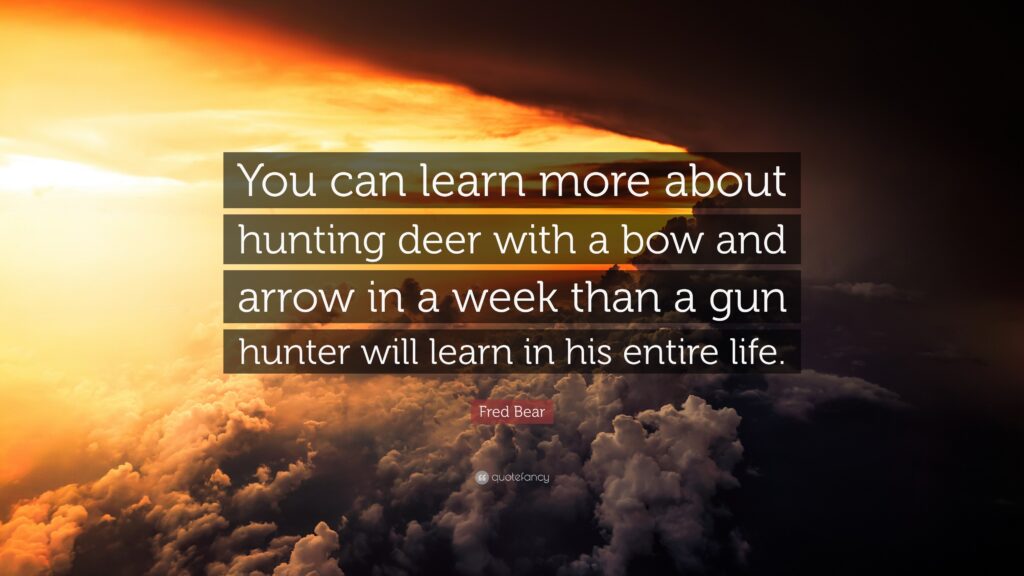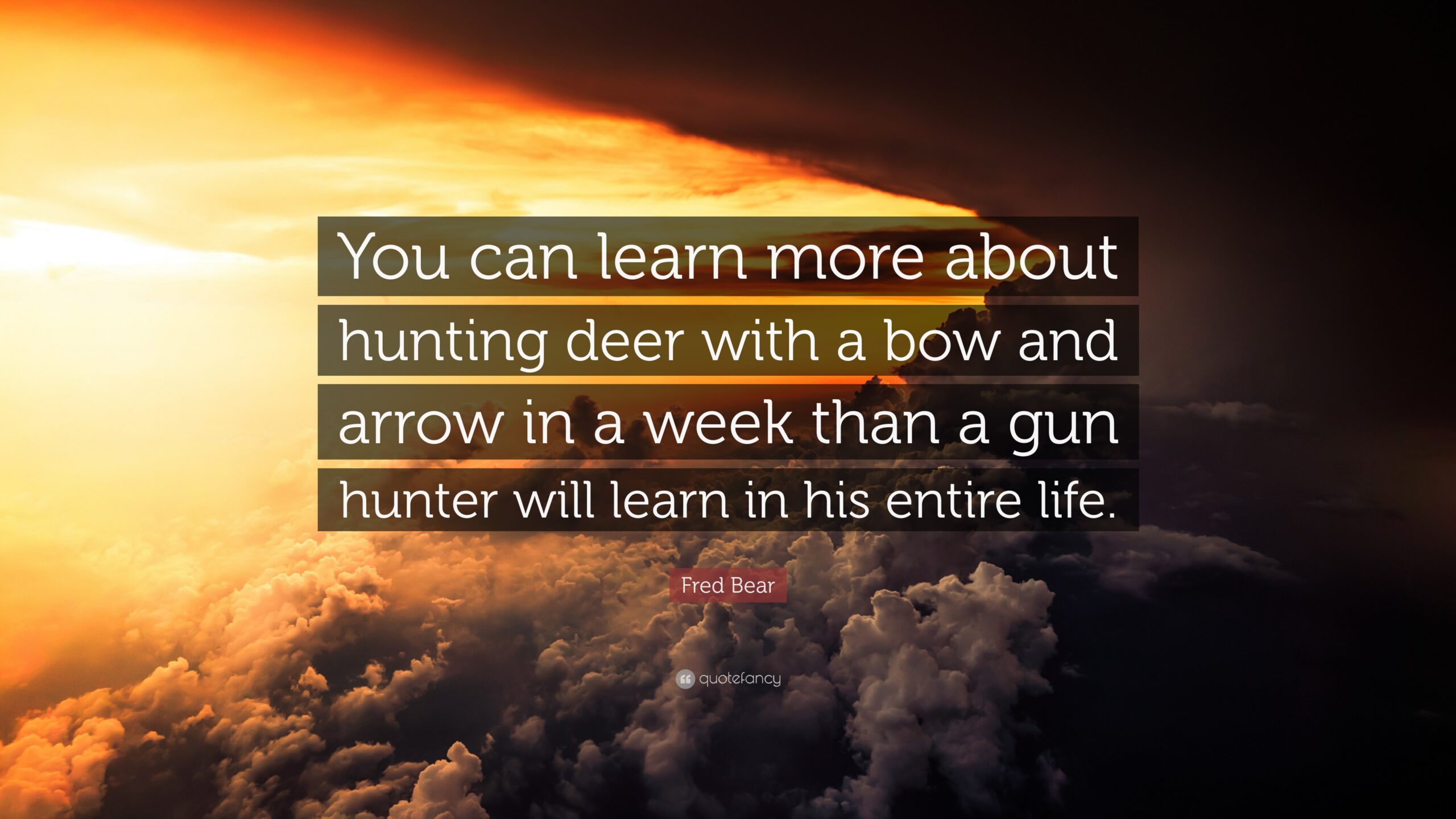
Quote Hunt: The Thrilling Pursuit of Wisdom and Wit
The human experience is a tapestry woven with threads of joy, sorrow, triumph, and defeat. Throughout history, individuals have sought to capture the essence of these experiences, distilling them into concise, memorable statements. These are quotes – the building blocks of wisdom, the sparks of inspiration, and the echoes of shared humanity. And the quest to find the perfect quote? That, my friends, is a quote hunt.
In a world saturated with information, the ability to curate and utilize quotes effectively is more valuable than ever. A well-chosen quote can elevate a presentation, provide clarity to an argument, or simply offer a moment of reflection. But where does one begin the quote hunt? How do you sift through the vast digital landscape to unearth the gems that truly resonate?
The Art of the Quote Hunt: A Modern Scavenger Hunt
The quote hunt is more than just a search; it’s a process, a journey of discovery. It requires a blend of curiosity, patience, and a discerning eye. Think of yourself as a modern-day treasure hunter, equipped with the tools of the digital age. Your map is the internet, your compass is your intuition, and your treasure is the perfect quote.
The beauty of a quote hunt lies in its adaptability. It can be tailored to any subject, any occasion, and any audience. Whether you’re seeking inspiration for a motivational speech, a poignant line for a eulogy, or a witty remark for a social media post, the principles remain the same: define your target, explore your resources, and refine your selection.
Tools of the Trade: Resources for the Quote Hunt
The digital world offers an overwhelming array of resources for the aspiring quote hunter. Knowing where to look is half the battle. Here are some of the most valuable tools at your disposal:
- Quote Databases: Websites like BrainyQuote, Goodreads Quotes, and QuoteInvestigator serve as vast repositories, meticulously categorized and searchable by author, topic, and keyword. These are the foundational sites for any quote hunt.
- Books and Literature: The printed word remains a goldmine. Classic literature, philosophical treatises, and biographies are fertile ground for discovering profound and insightful quotes. The index and table of contents are your best friends here.
- Search Engines: Google, Bing, and other search engines are indispensable tools. Use specific keywords and phrases to narrow your search. For example, instead of simply searching “inspirational quotes,” try “inspirational quotes on perseverance” or “quotes by Nelson Mandela on forgiveness.”
- Social Media: Platforms like Twitter and Instagram can be surprisingly effective. Follow relevant accounts, explore hashtags, and observe the quotes that resonate with others.
- Specialized Databases: Depending on your needs, you might explore specialized databases. For legal quotes, there are resources specifically for lawyers. For scientific quotes, you can find collections of quotes from scientists.
The Process: Navigating the Quote Hunt
The quote hunt is not a random endeavor. It’s a structured process that, when followed methodically, yields the best results:
- Define Your Goal: What do you need the quote for? What message are you trying to convey? Knowing your objective will guide your search and help you filter out irrelevant options.
- Brainstorm Keywords: Identify key terms and phrases related to your topic. Consider synonyms, related concepts, and potential authors.
- Explore Resources: Utilize the tools mentioned above, starting with the quote databases and then expanding to books, search engines, and social media.
- Curate Your Collection: As you find quotes, save them in a document or spreadsheet. Include the author, source, and a brief note about why you like the quote.
- Refine and Select: Once you’ve gathered a collection, review your options. Consider the context, the audience, and the overall impact of each quote. Choose the one that best fits your needs. This is a critical part of any quote hunt.
- Verify Accuracy: Double-check the quote’s accuracy and attribution. Misquoting someone can damage your credibility. Fact-checking is crucial when on a quote hunt.
Beyond the Quote: Context and Application
Finding the quote is only half the battle. The true power of a quote lies in its application. Consider the following:
- Context is King: Always provide context for the quote. Who said it? When? Why? This adds depth and understanding.
- Audience Awareness: Tailor your quotes to your audience. What will resonate with them? What will they find relatable?
- Purposeful Placement: Don’t just drop a quote randomly. Integrate it seamlessly into your writing or presentation. Use it to support your arguments, illustrate your points, or spark reflection.
- Give Credit: Always cite the author and source of the quote. Giving credit is essential for ethical and legal reasons.
The Ethics of the Quote Hunt
As with any pursuit, ethical considerations are paramount in the quote hunt. Plagiarism, the act of using someone else’s words without attribution, is a serious offense. Always cite your sources, and be mindful of copyright restrictions. Furthermore, be wary of misattributed quotes. The internet is rife with quotes falsely attributed to famous figures. Verify the accuracy of any quote before using it.
The Enduring Appeal: Why We Seek Quotes
The enduring appeal of the quote hunt stems from our innate desire for meaning, connection, and inspiration. Quotes offer a glimpse into the minds of great thinkers, artists, and leaders. They provide us with a shared language, a way to express complex ideas in concise and memorable ways. They can also serve as a powerful source of motivation and encouragement.
Quotes can also offer a sense of validation. When we read a quote that perfectly encapsulates our own thoughts or feelings, we feel less alone. We realize that others have experienced similar things, and that our struggles and triumphs are part of a larger human narrative. The quote hunt, in this sense, is a journey of self-discovery.
Practical Examples: The Quote Hunt in Action
Let’s consider a few practical examples of how the quote hunt can be applied:
- For a Graduation Speech: You might search for quotes on perseverance, ambition, and the future. Explore authors like Maya Angelou, Steve Jobs, or Albert Einstein.
- For a Marketing Campaign: You could seek quotes that convey a brand’s values or mission. Consider quotes from business leaders, thought leaders, or even fictional characters.
- For a Personal Journal: The quote hunt can be a source of daily inspiration. Search for quotes on mindfulness, gratitude, or self-improvement.
- For an Academic Paper: In an academic paper, the quote hunt is essential for supporting arguments and showcasing research. Proper citation is of utmost importance.
The Future of the Quote Hunt: Adapting to Change
The quote hunt is a timeless practice, but its methods are constantly evolving. As technology advances, new tools and resources will emerge. The key to success is to remain adaptable, to embrace new platforms, and to continue refining your search skills. The rise of AI and large language models may also impact the quote hunt, offering new ways to analyze and discover quotes.
Conclusion: Embrace the Quote Hunt
The quote hunt is a rewarding pursuit. It’s a journey of discovery, a quest for wisdom, and a celebration of the human spirit. By mastering the art of the quote hunt, you can unlock a world of inspiration, enhance your communication skills, and gain a deeper understanding of yourself and the world around you. So, embark on your own quote hunt. Explore, discover, and share the treasures you find. The perfect quote is waiting to be unearthed.
[See also: Related Article Titles]


